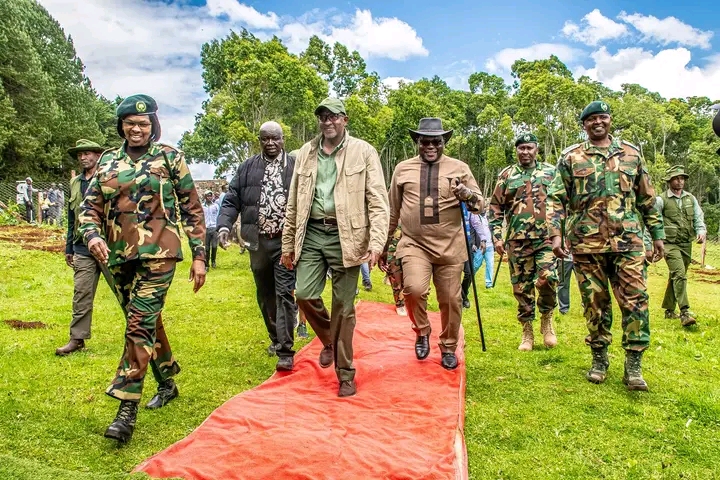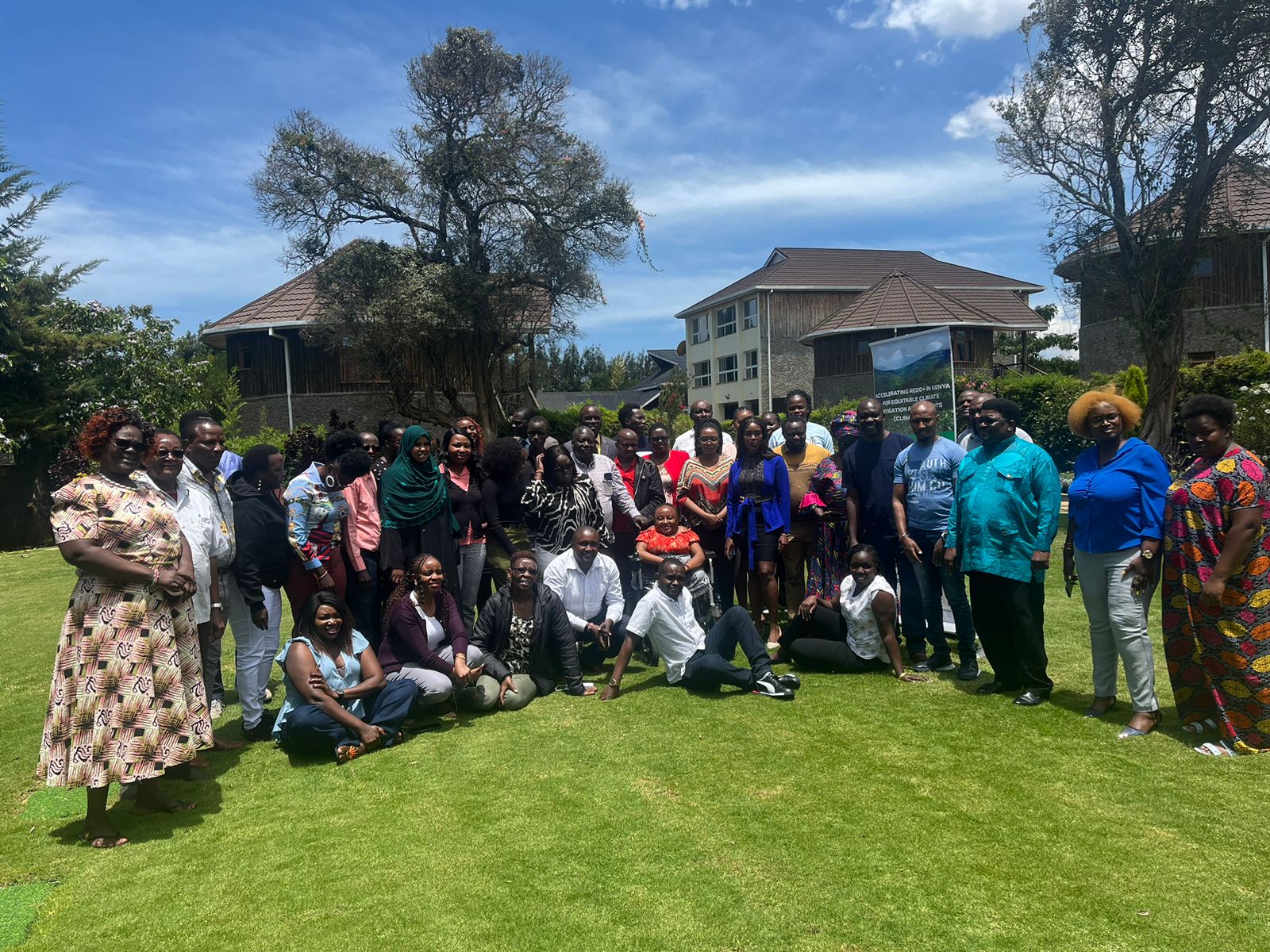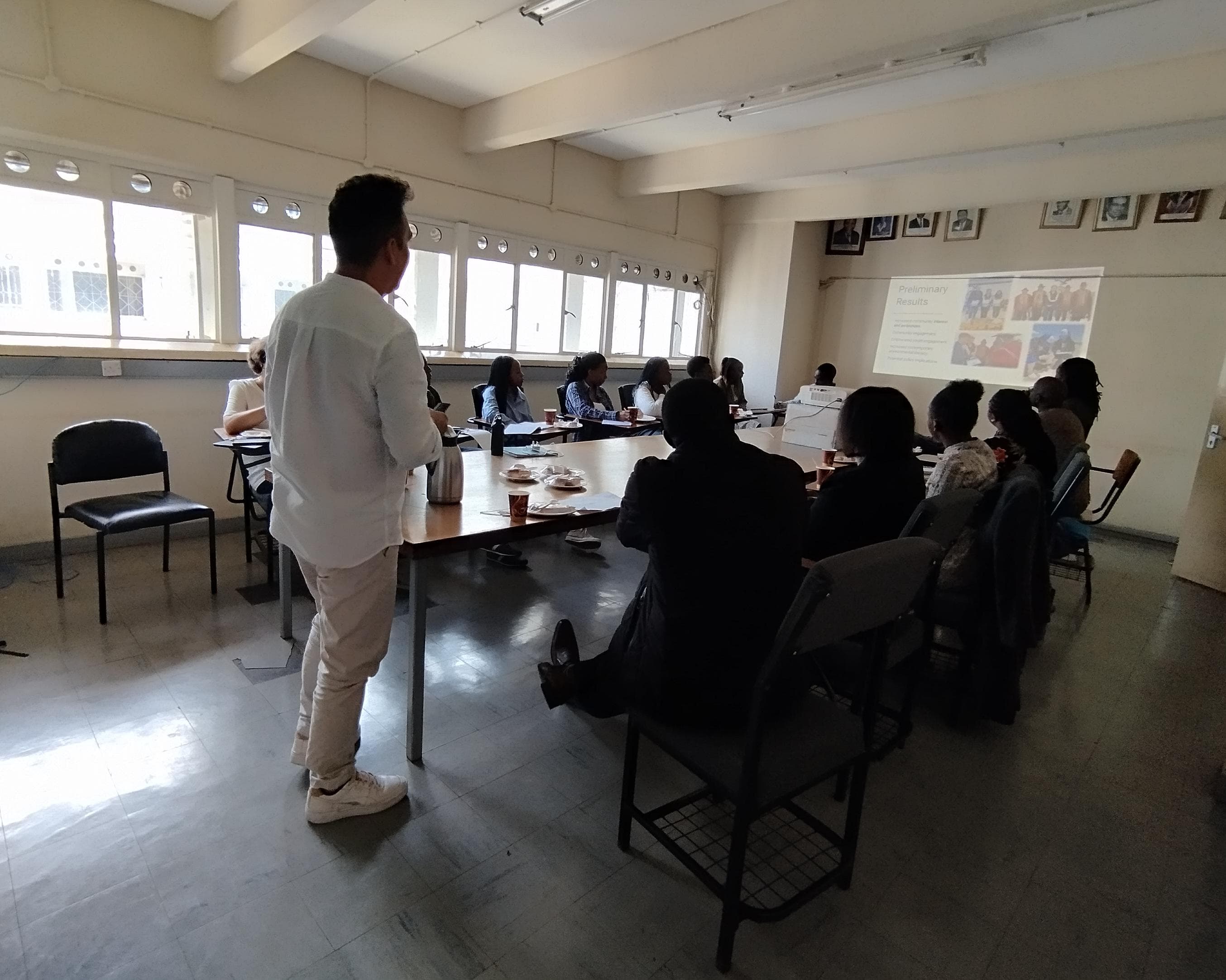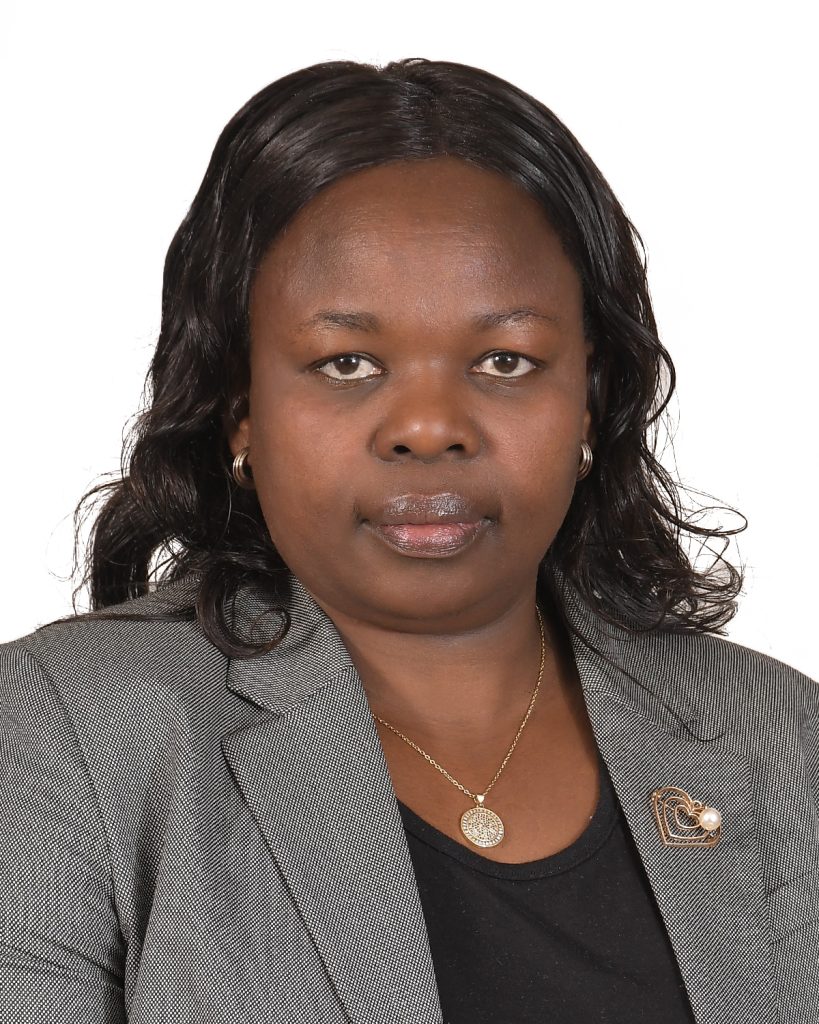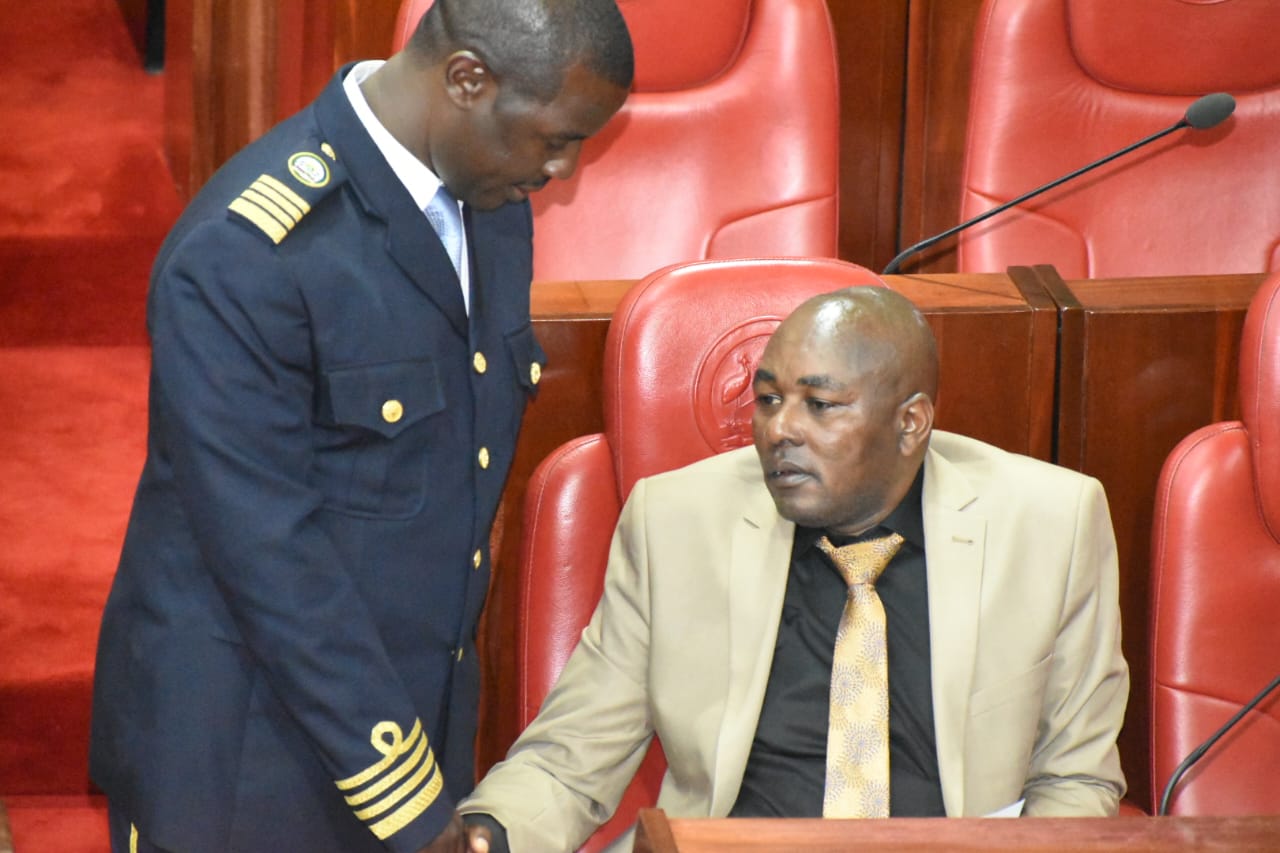Climate Experts Seek Clarity on Locally-Led Action Programs
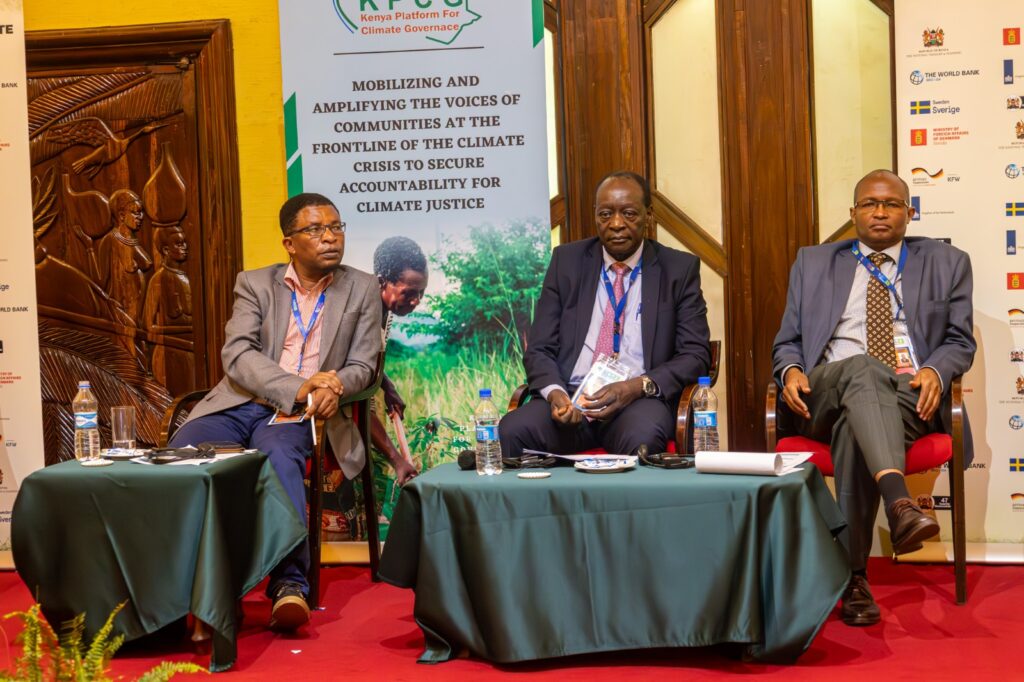
Experts and stakeholders in climate action in Kenya are seeking a clear framework for the implementation of financing a national, locally-led climate action program known as FLOCCA in Kenya.
Stakeholders from across the country gathered at the National Conference to create a platform for the exchange of experiences, sharing perspectives, learning, and scaling up practical lessons. They discussed the challenges faced by communities, governments, and funders in promoting locally-led climate action, with a specific focus on the Financing Locally-Led Climate Action (FLOCCA) Programme in Kenya.
Participants explored challenges in ensuring that the funds flow as stipulated and raised questions about accountability and transparency. They emphasized the importance of ensuring that communities have access to locally-led climate action.
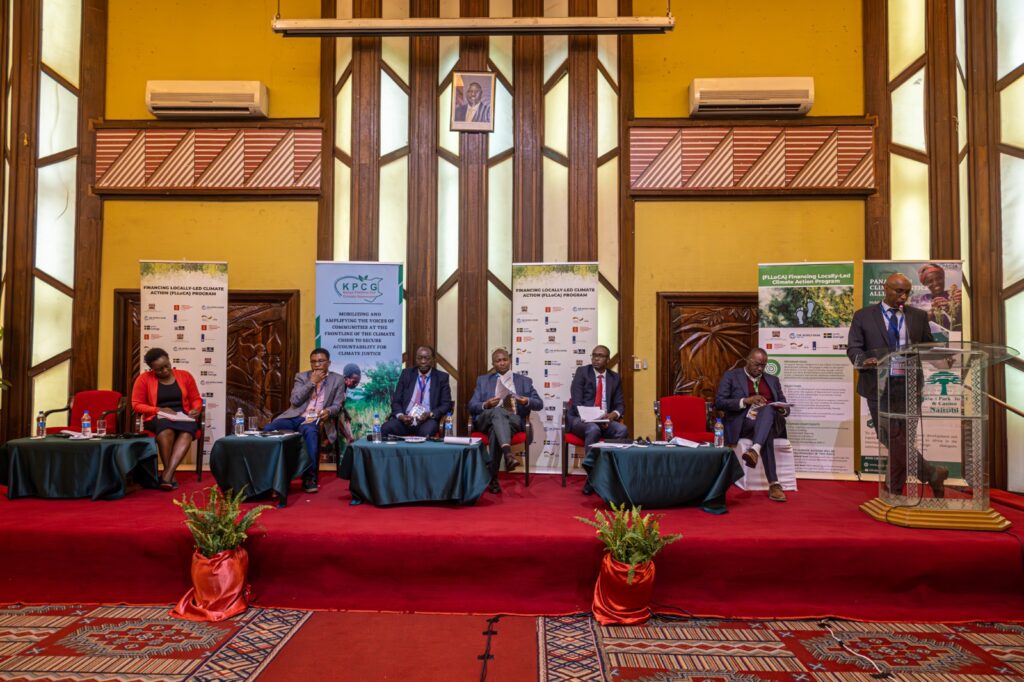
Susan Otieno, Executive Director of ActionAid, emphasized the need for transparency and accountability. She insisted on the inclusion of youth, women, marginalized, and indigenous communities in the implementation of the FLOCCA Program, emphasizing the principles of human rights and equal participation.
Since its launch in 2021, the program has successfully disbursed 979 million KES under the County Climate Institutional Support Grants to 45 and 44 counties, respectively. The program is now present in all 47 counties. However, challenges persist, particularly regarding accountability.
Mithika Mwenda, Executive Director of PACJA, stressed the importance of following a clear protocol to ensure that communities have access to funding to address the impacts of climate change. He emphasized that no one should be left behind in the participatory process of the program.
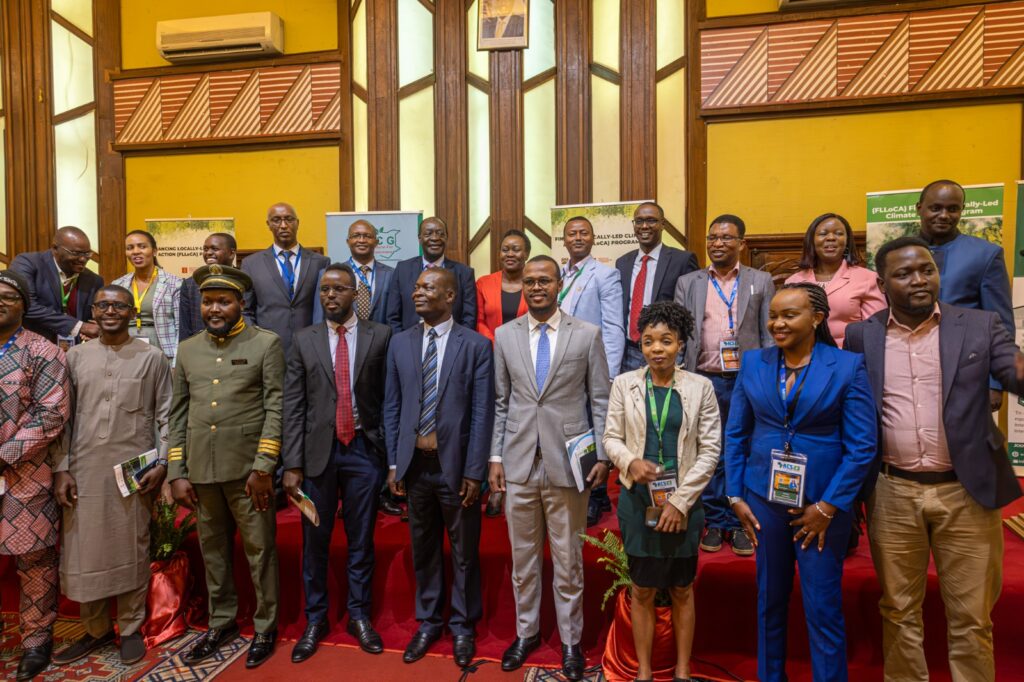
The structure of the framework was also discussed by the President of the Republic of Kenya, Dr. William Ruto, during the FLOCCA check handover at the start of the Africa Climate Summit in Nairobi.
“The FLOCCA program design provides a bold and innovative, bottom-up decentralization of climate financing and decision-making, empowering grassroots-level communities in each of Kenya’s 1450 wards to take charge of the processes of identification, planning, and implementation of climate action based on existing climate risks,” said HE William Ruto.
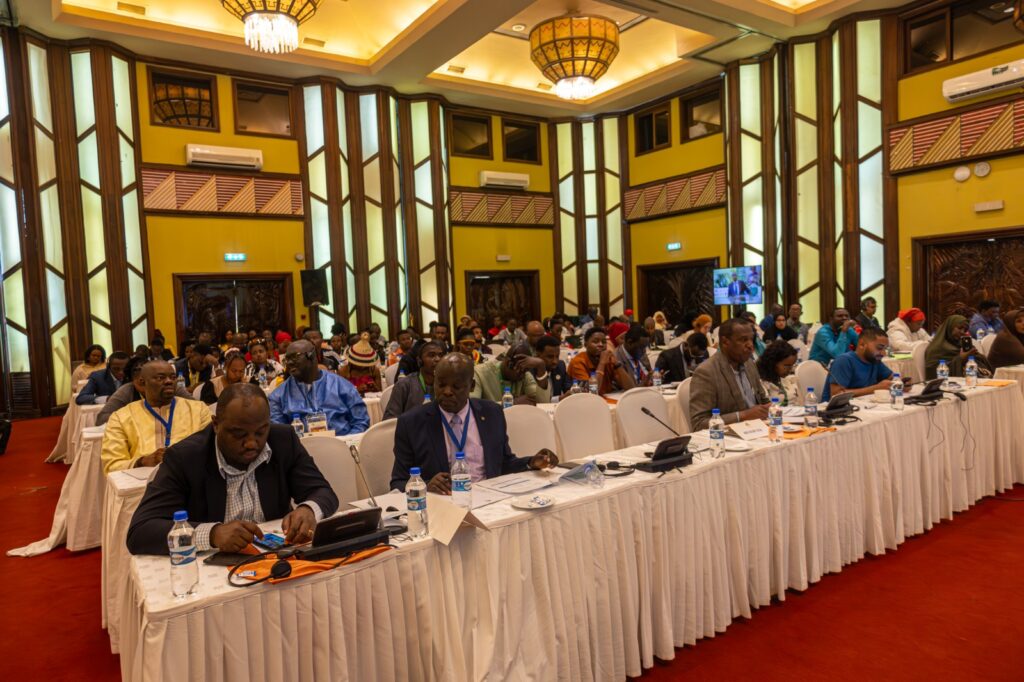
Although this framework is well developed, H.E. Wilbur Otichillo, the Chair of the Council of Governors Environment & Climate Change Committee and Governor of Vihiga County, highlighted the significance of inclusive climate change laws to ensure smooth implementation. He underscored the role of counties in contributing to locally-led climate action instead of relying solely on support from foreign funders. “Climate change is a global issue, but climate action must be local,” stressed HE Otichillo.
The FLOCCA program consists of seven components, namely: policy, legal, and regulatory framework for climate change; capacity building; decentralized financing; community-led actions; technology and innovation; measuring climate results; and climate-related emerging issues.

